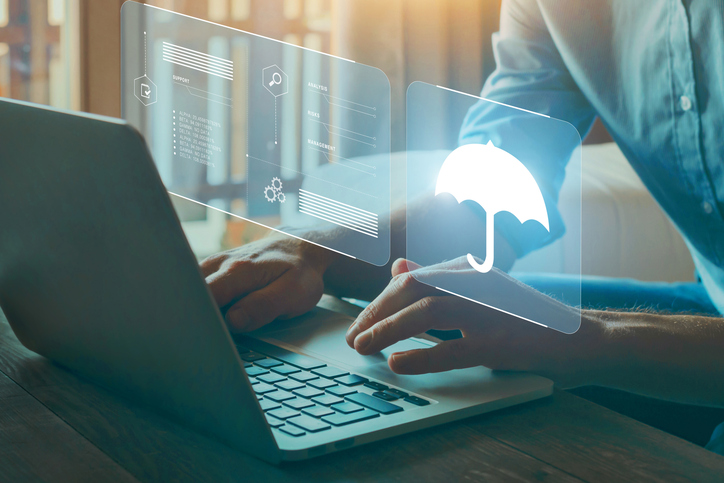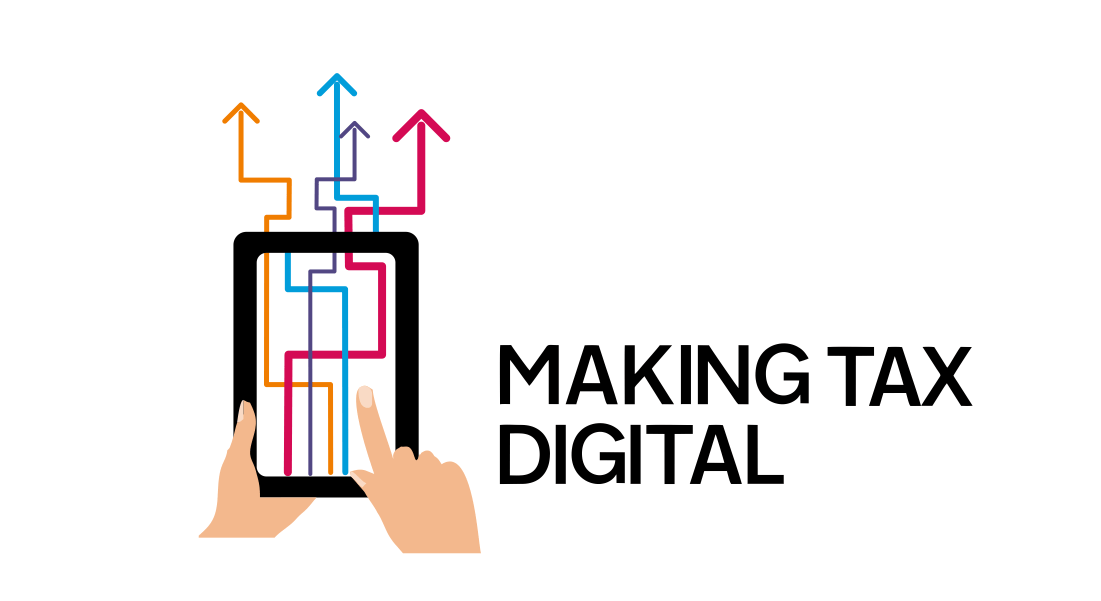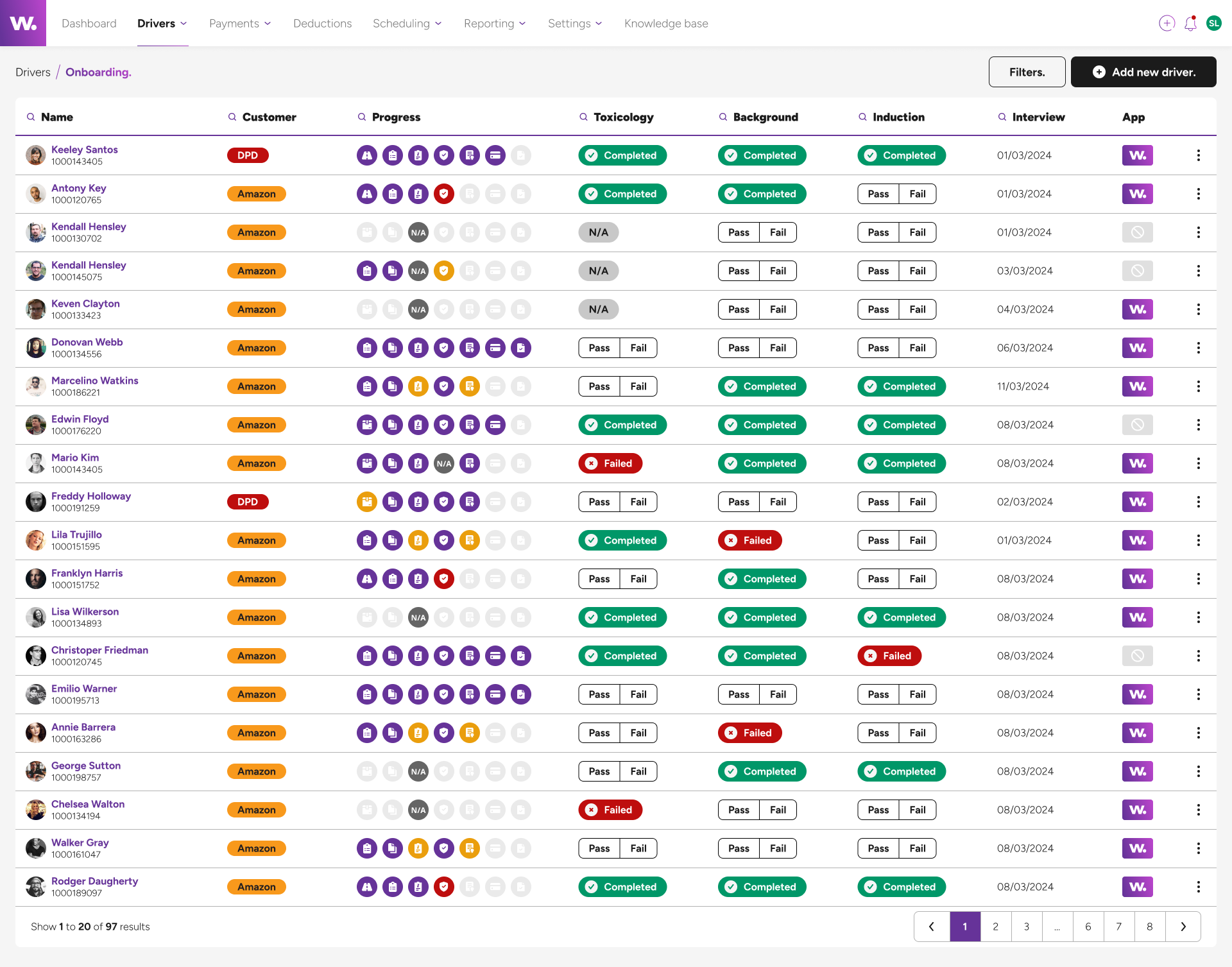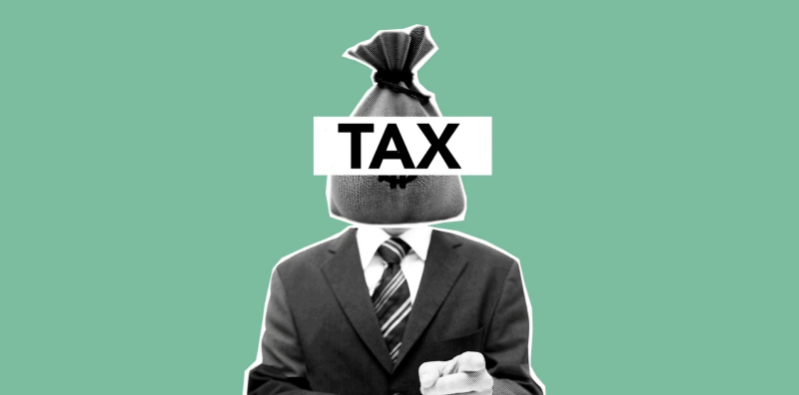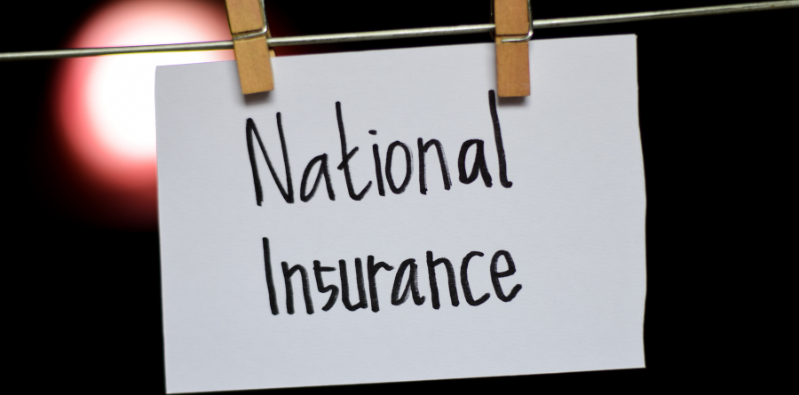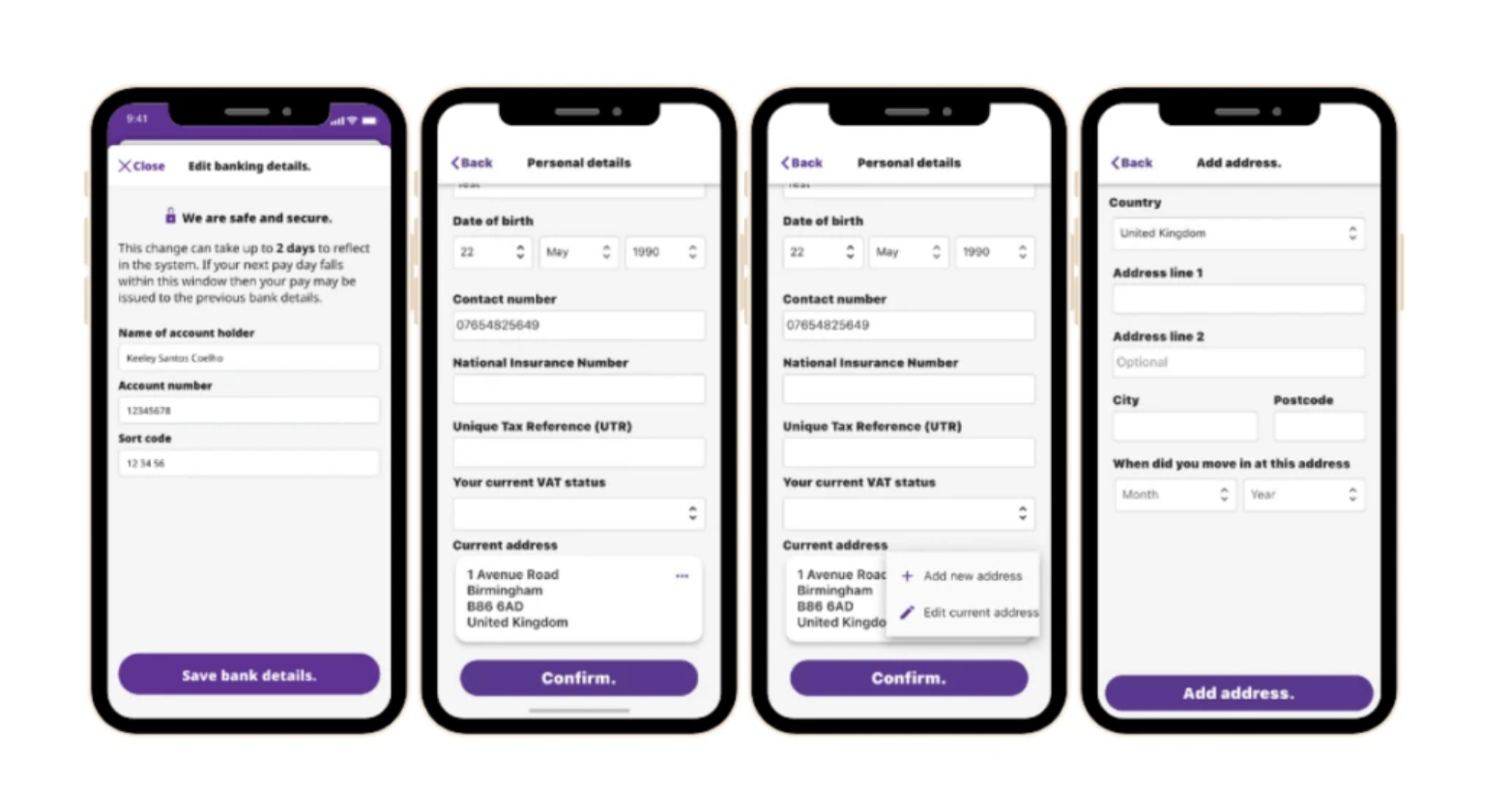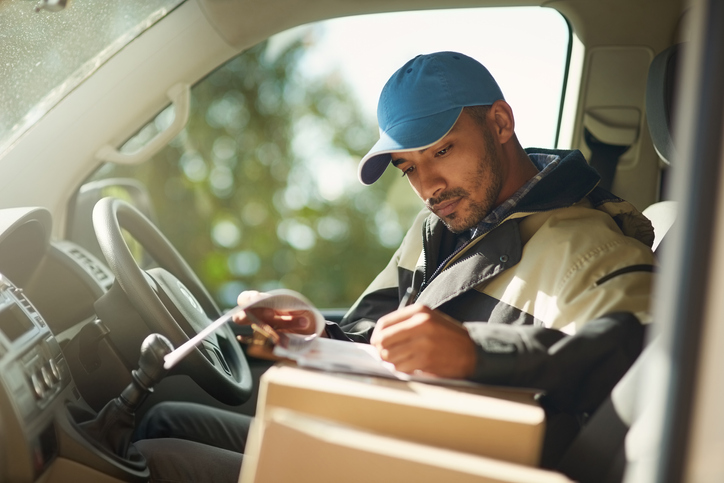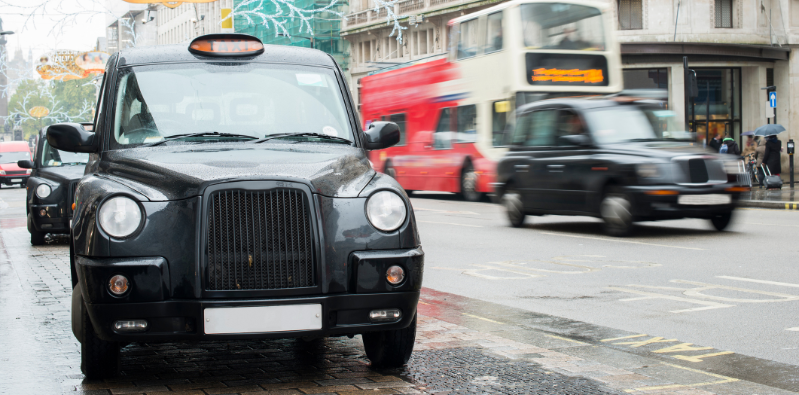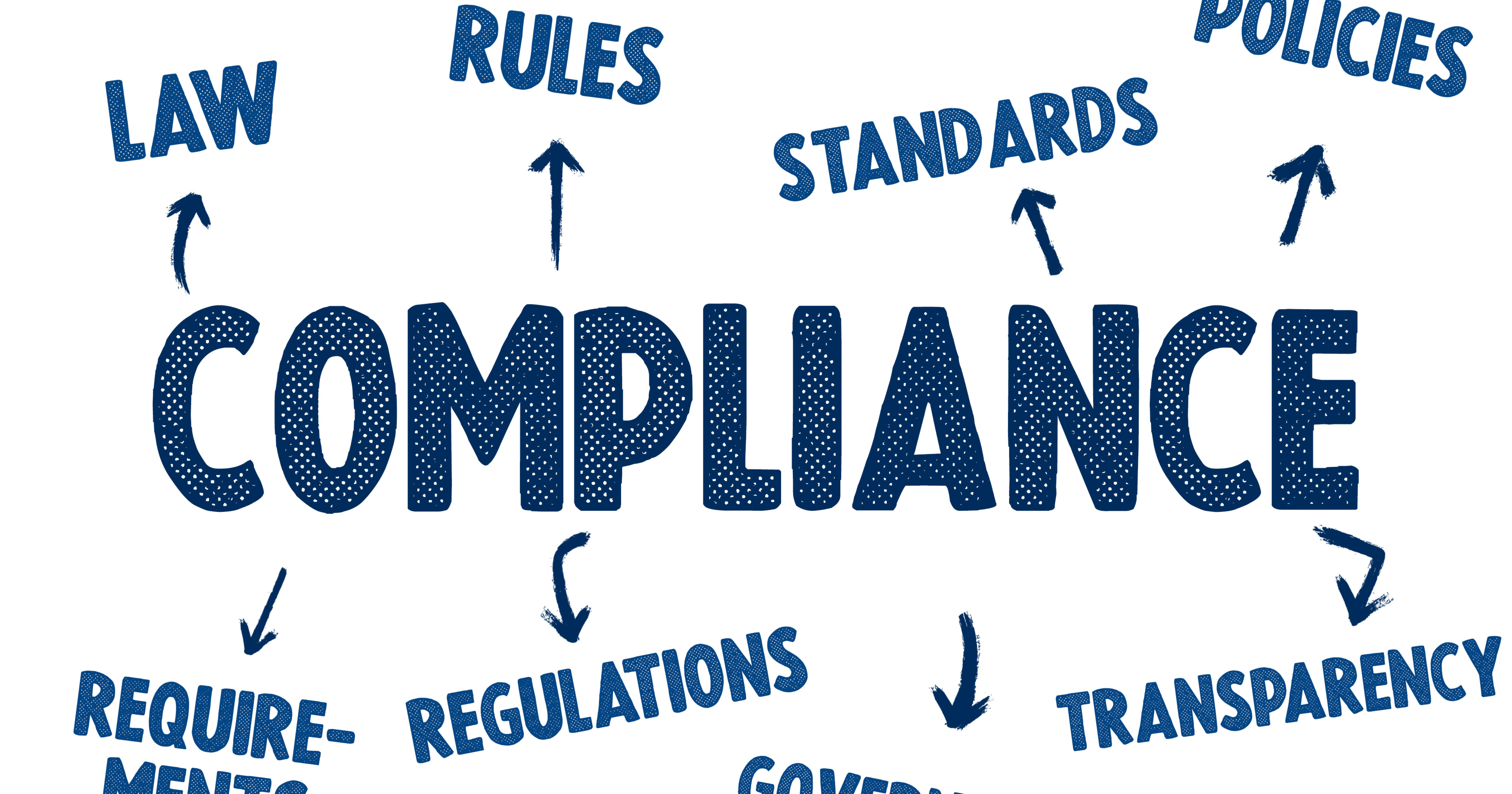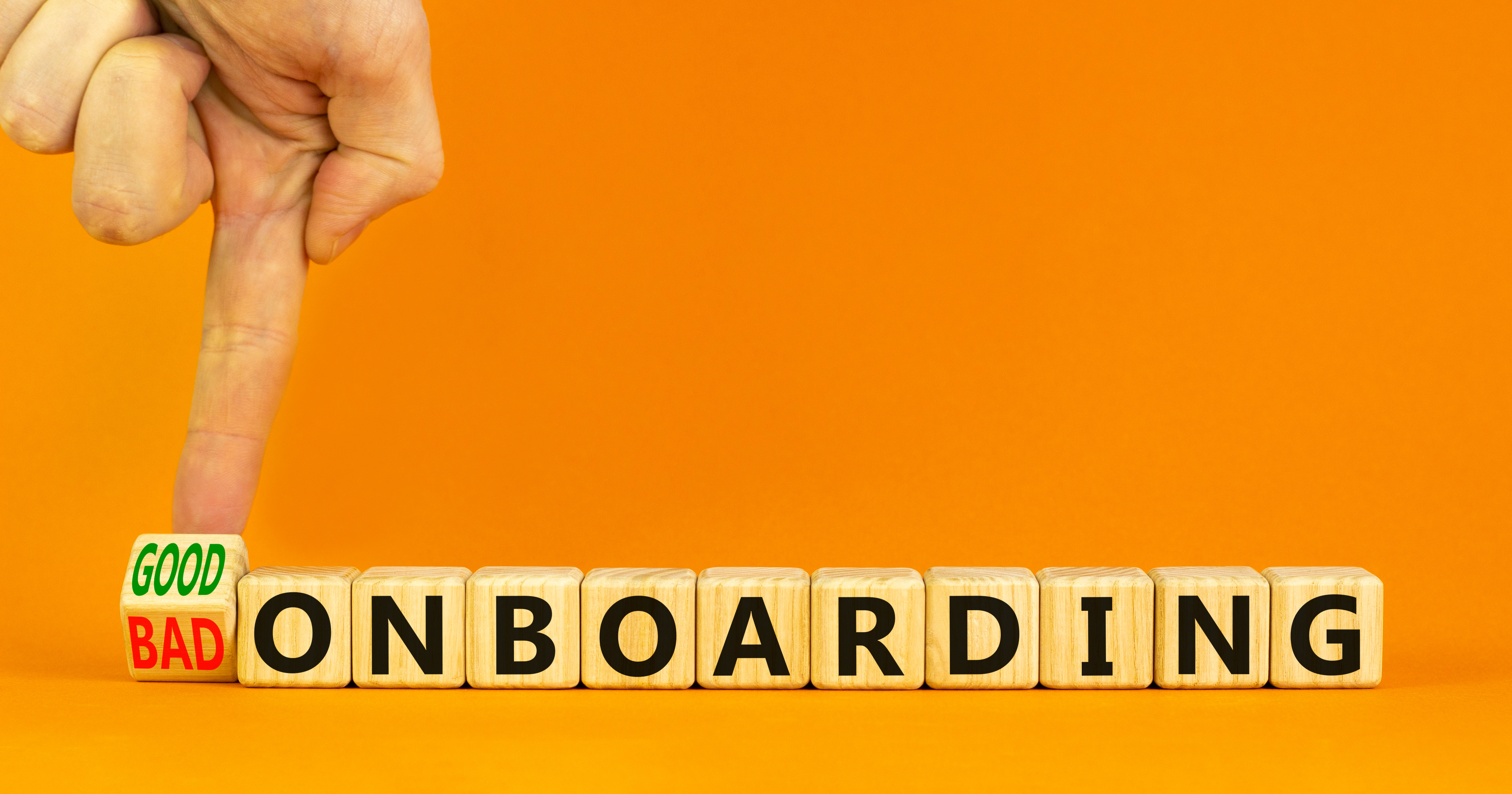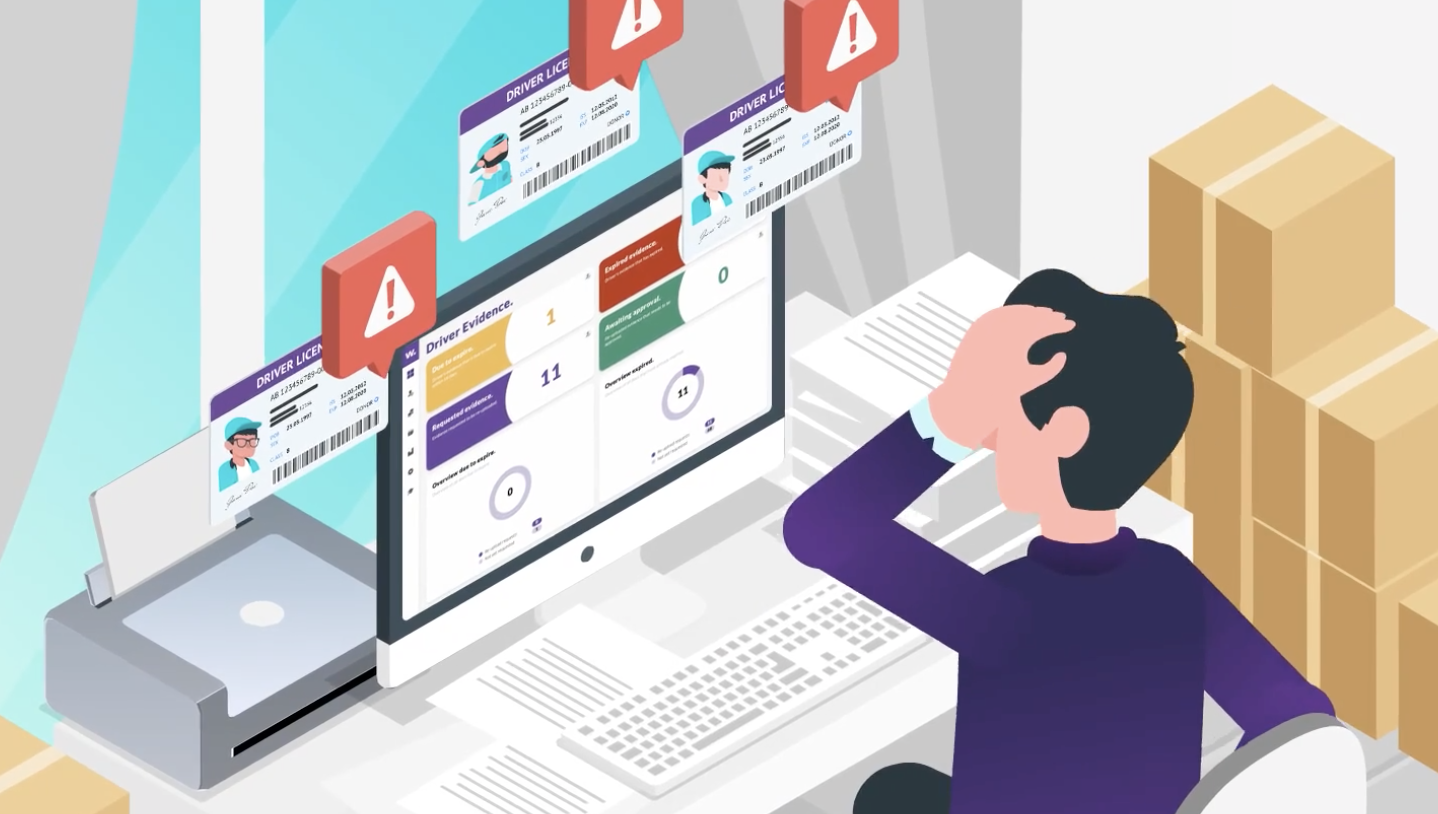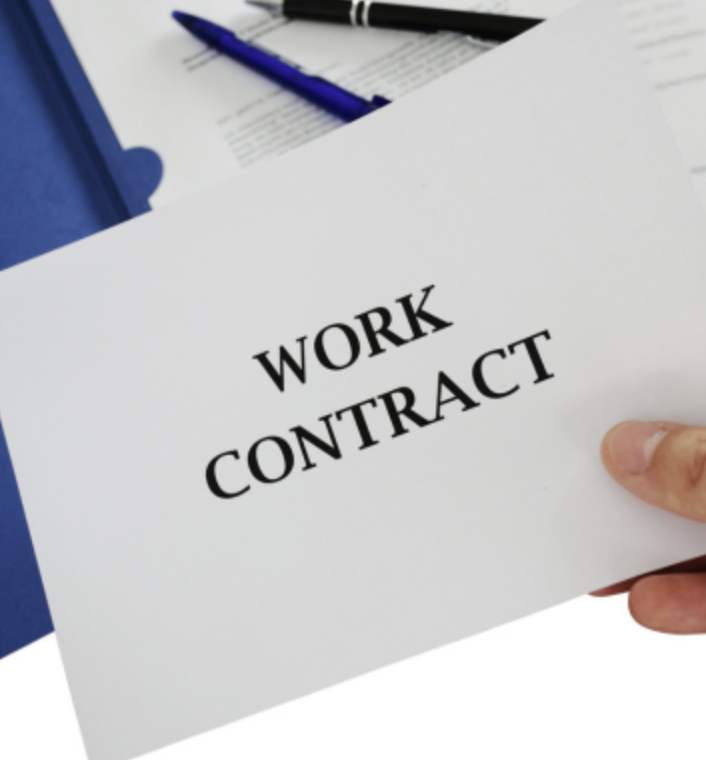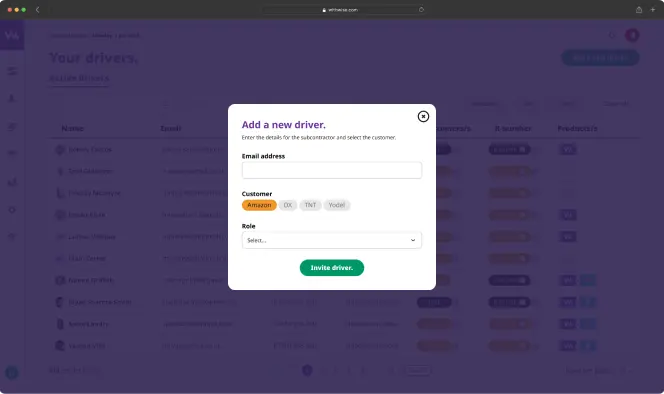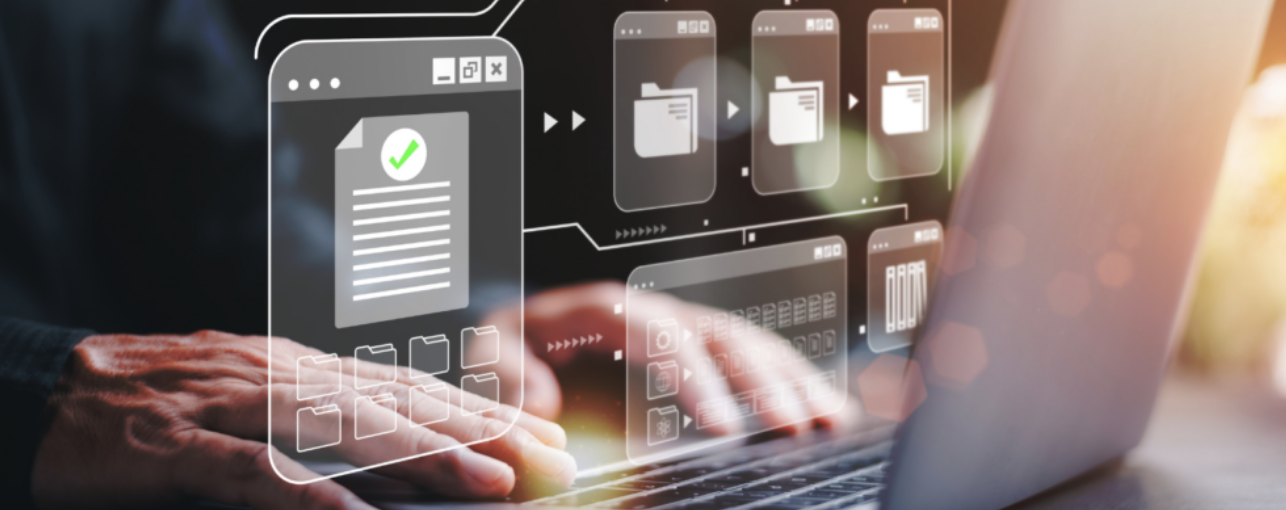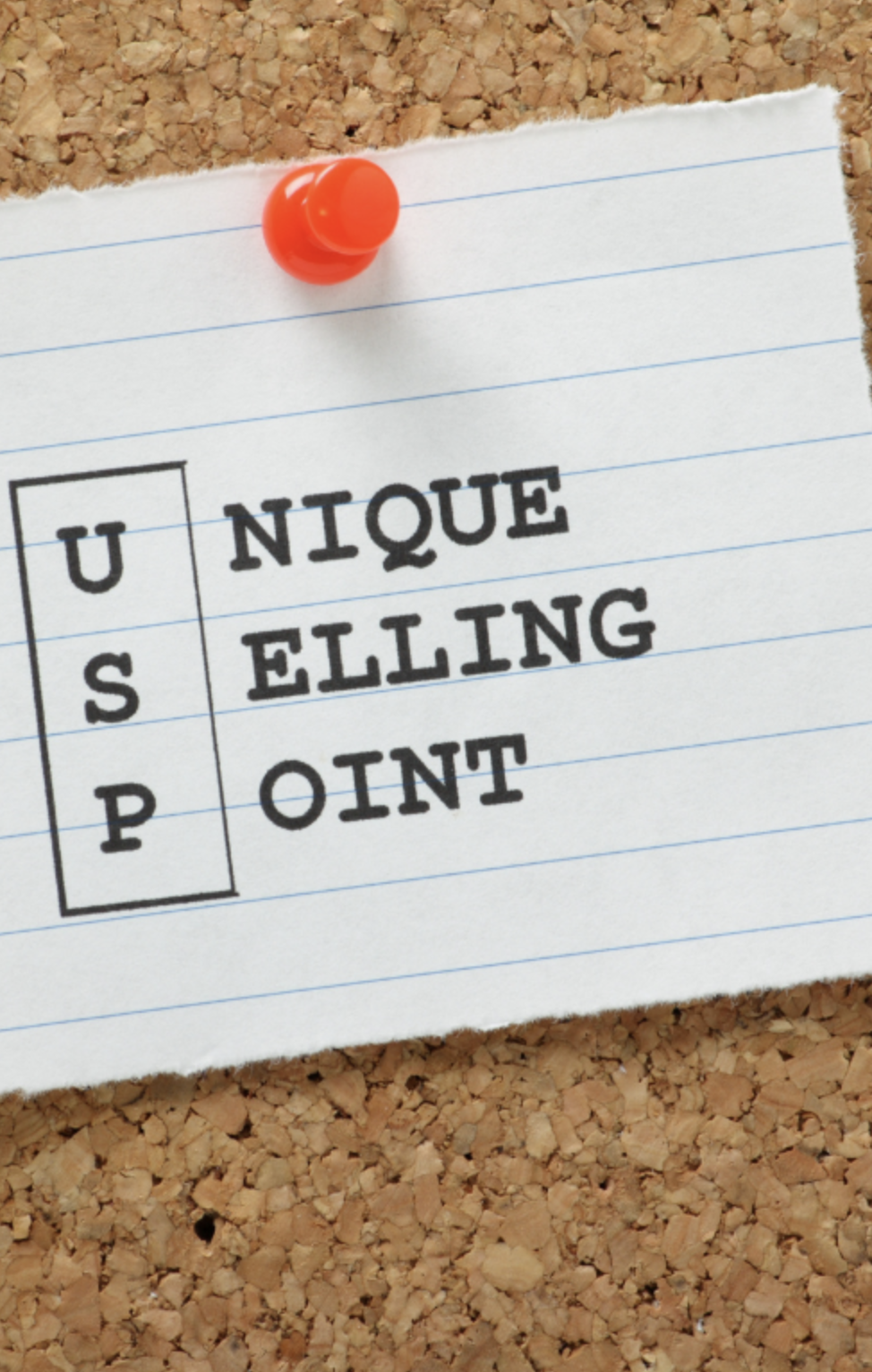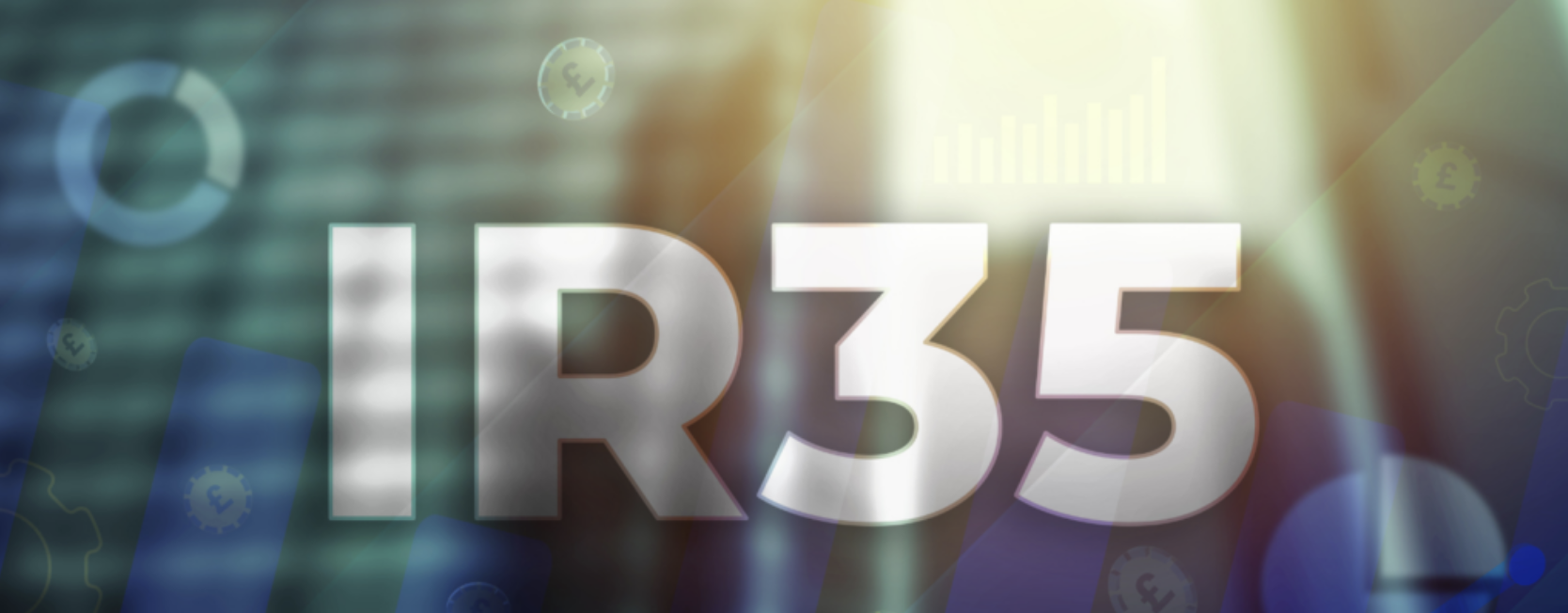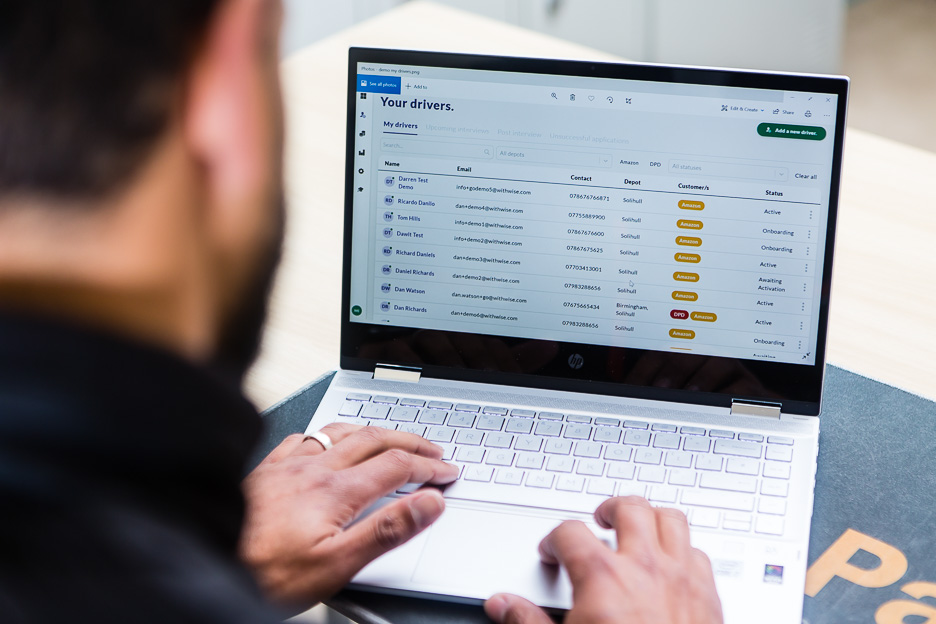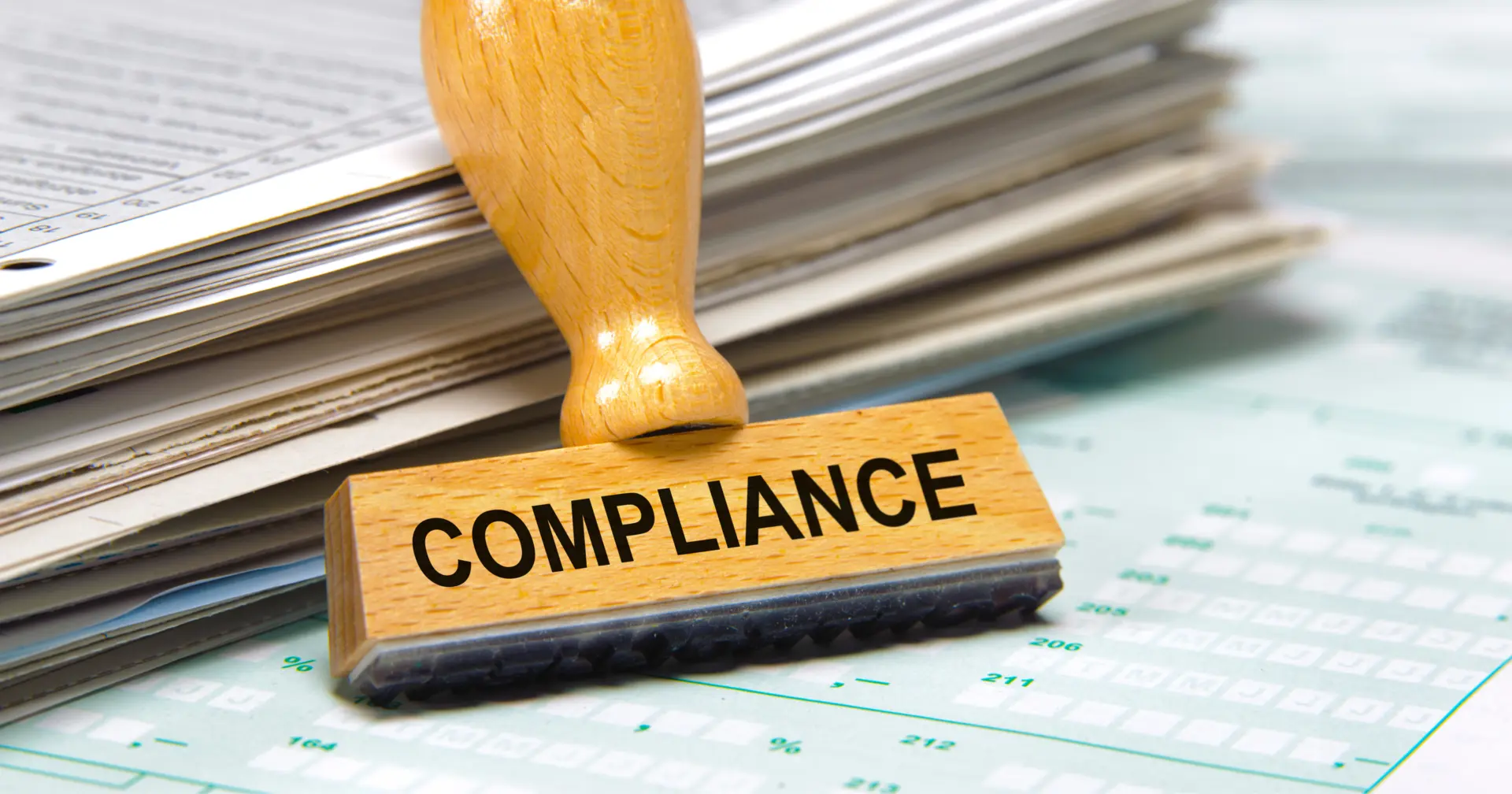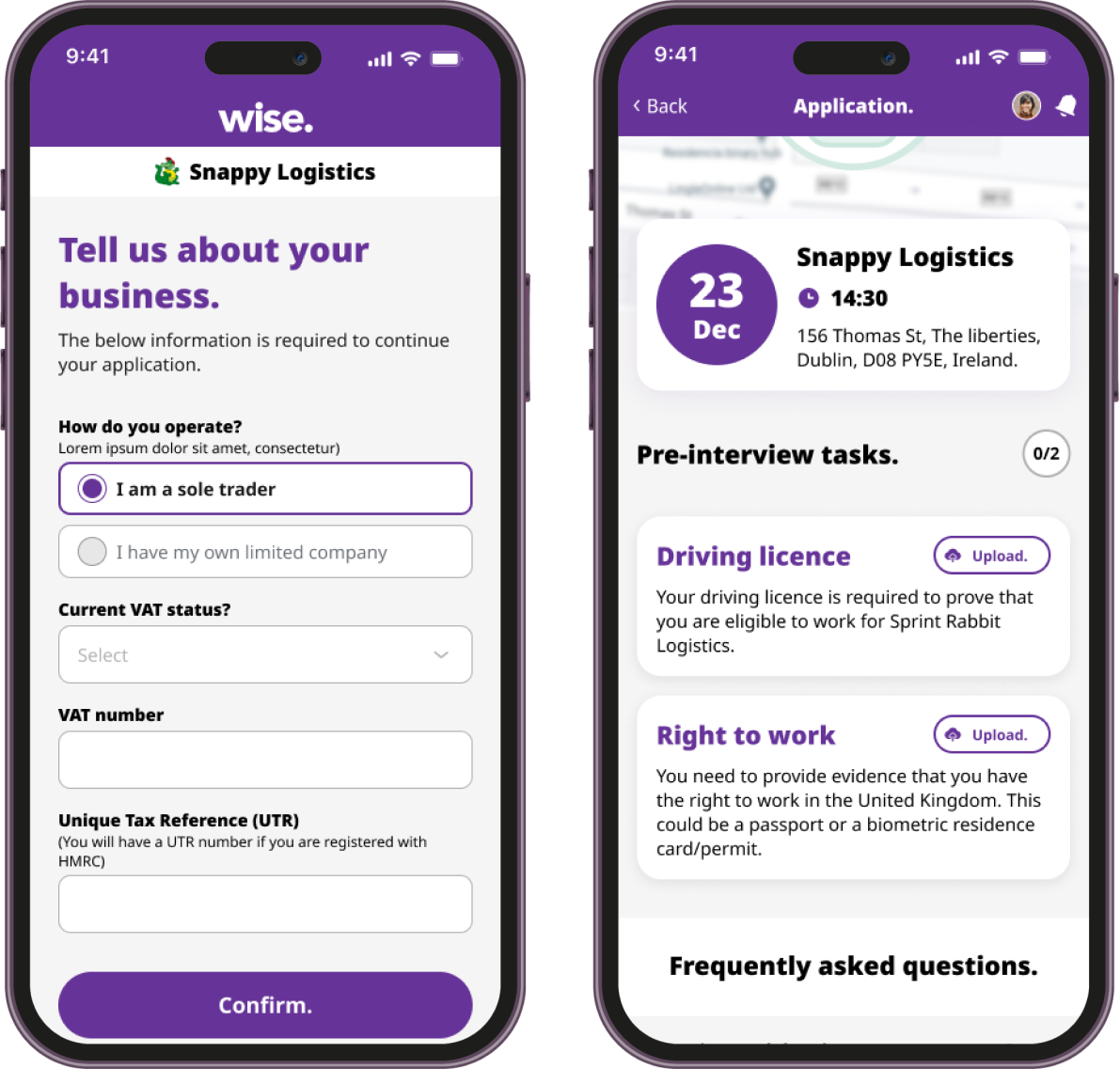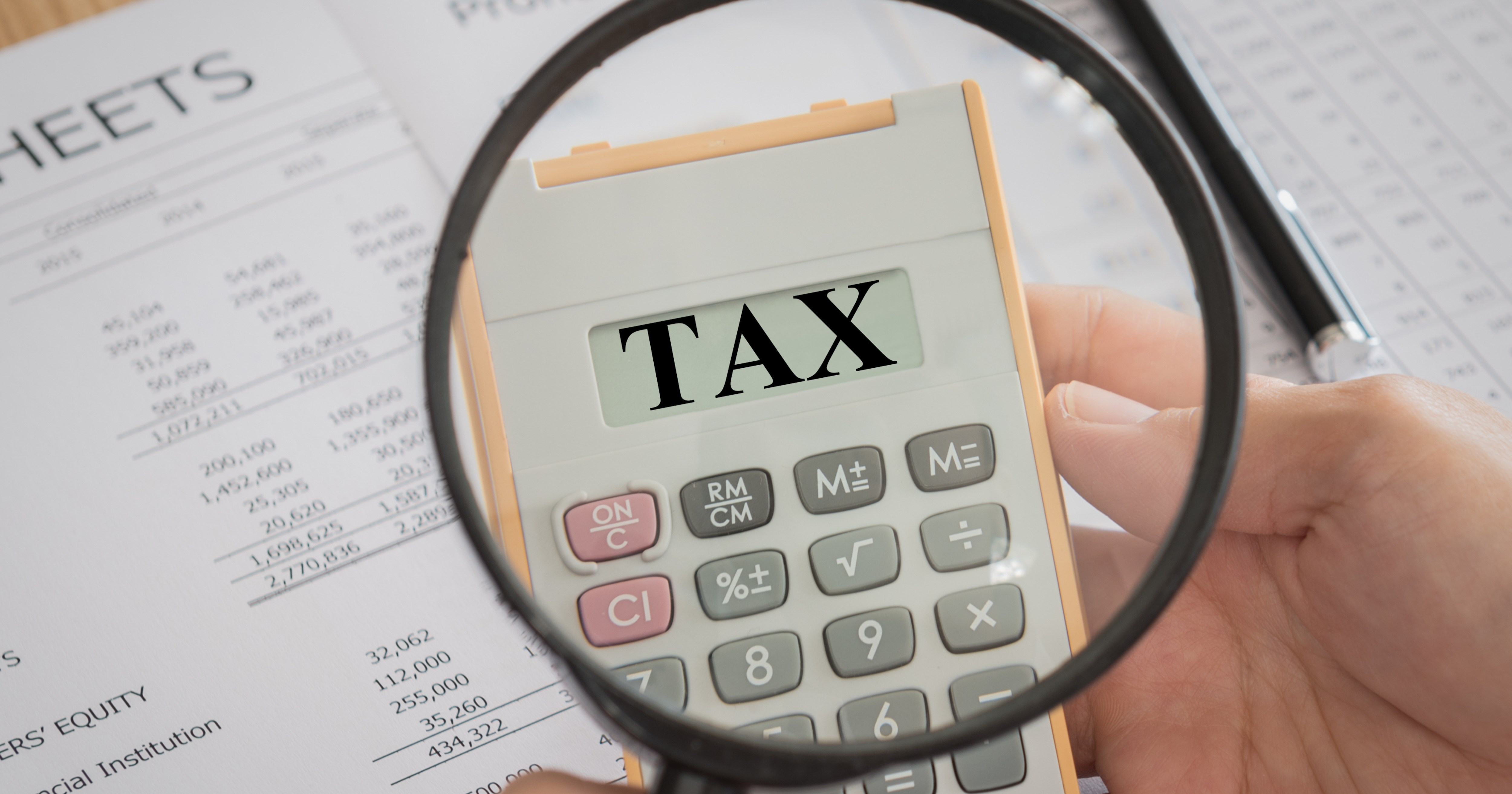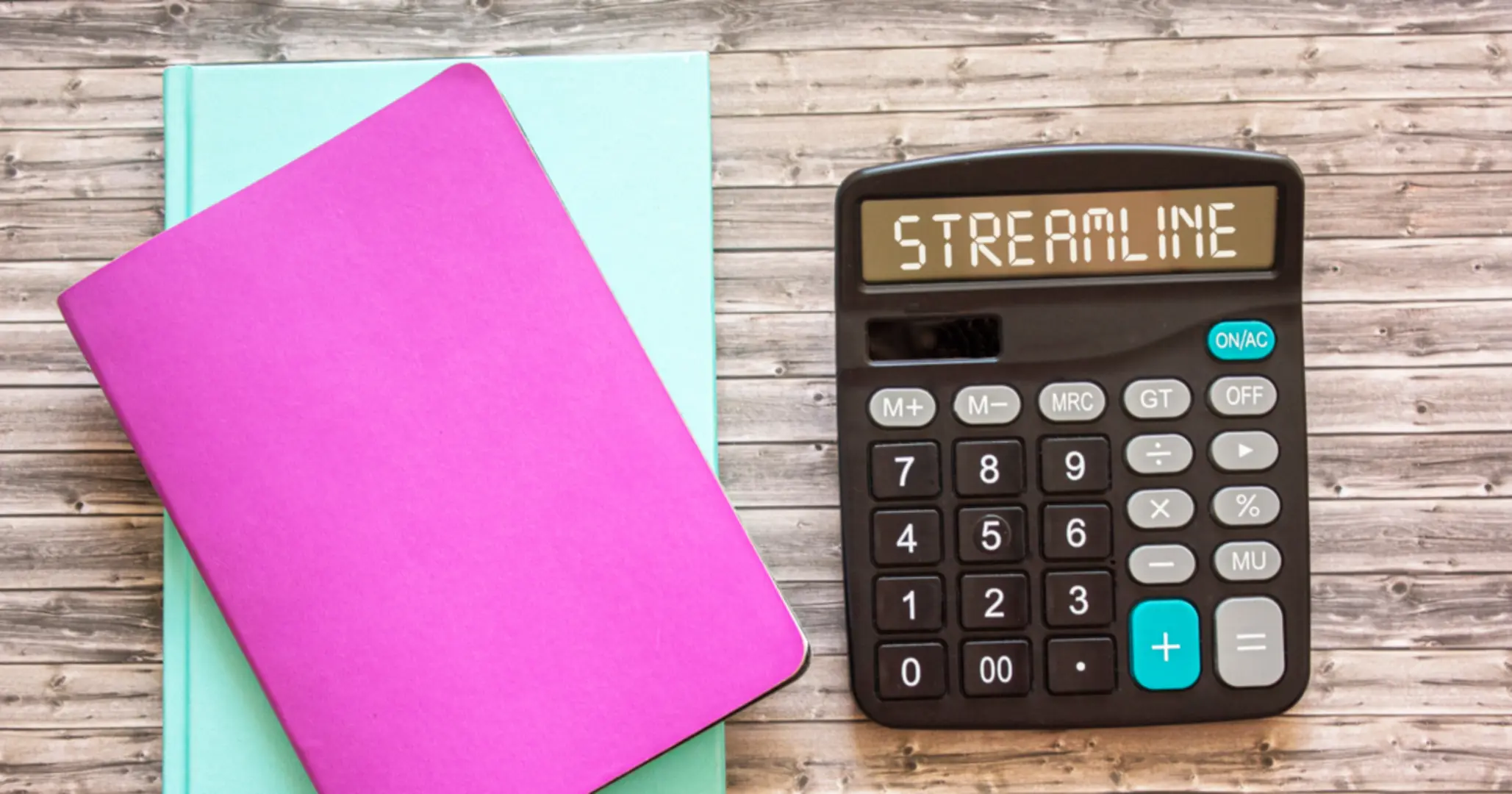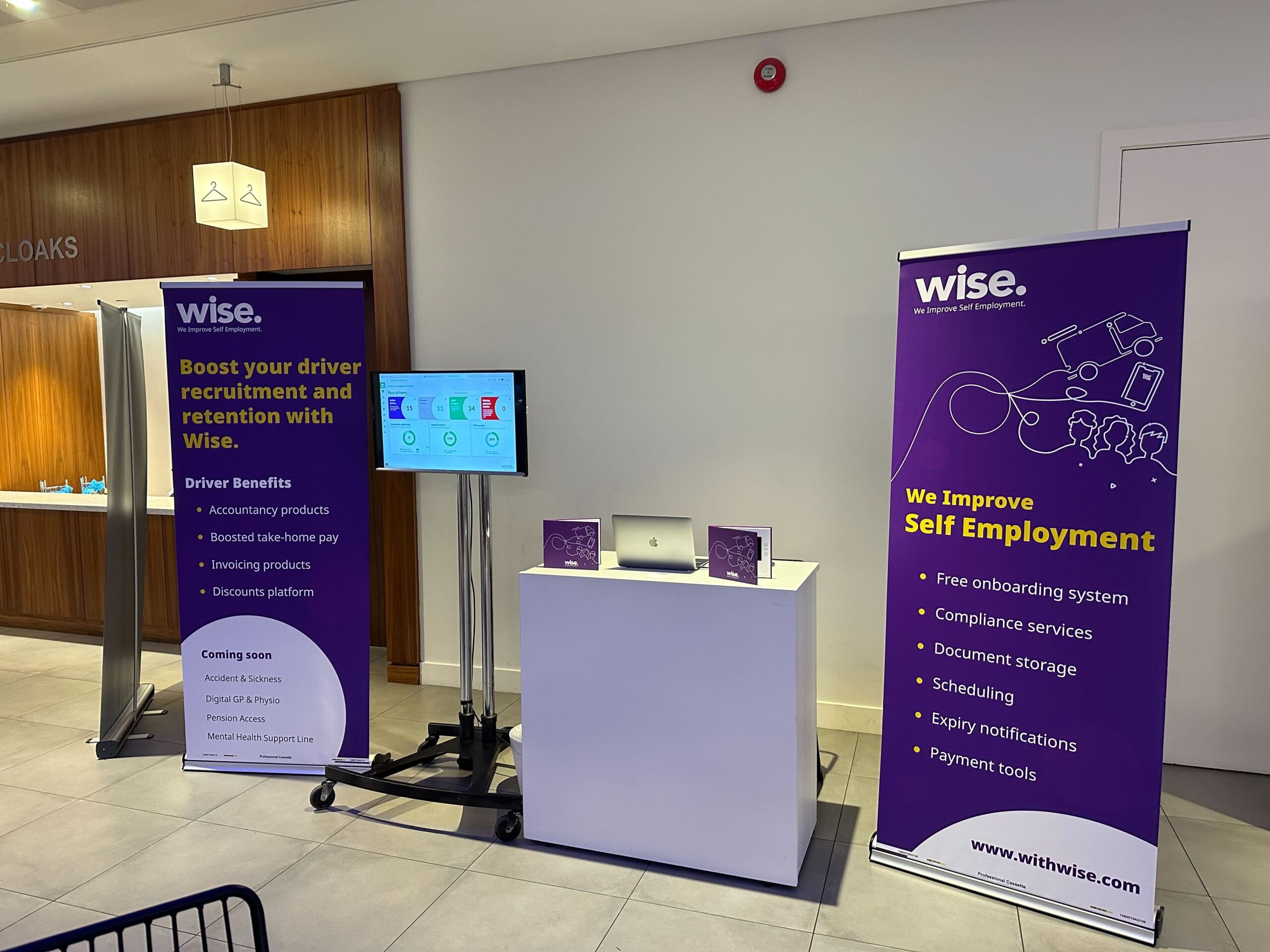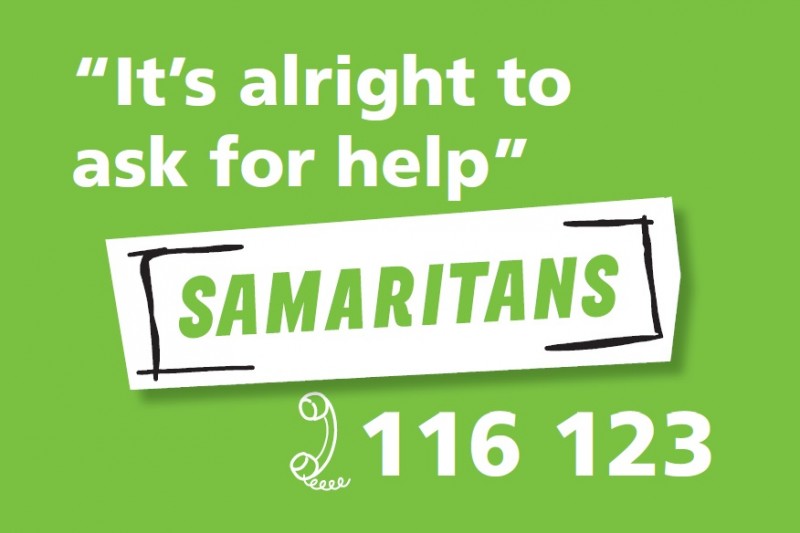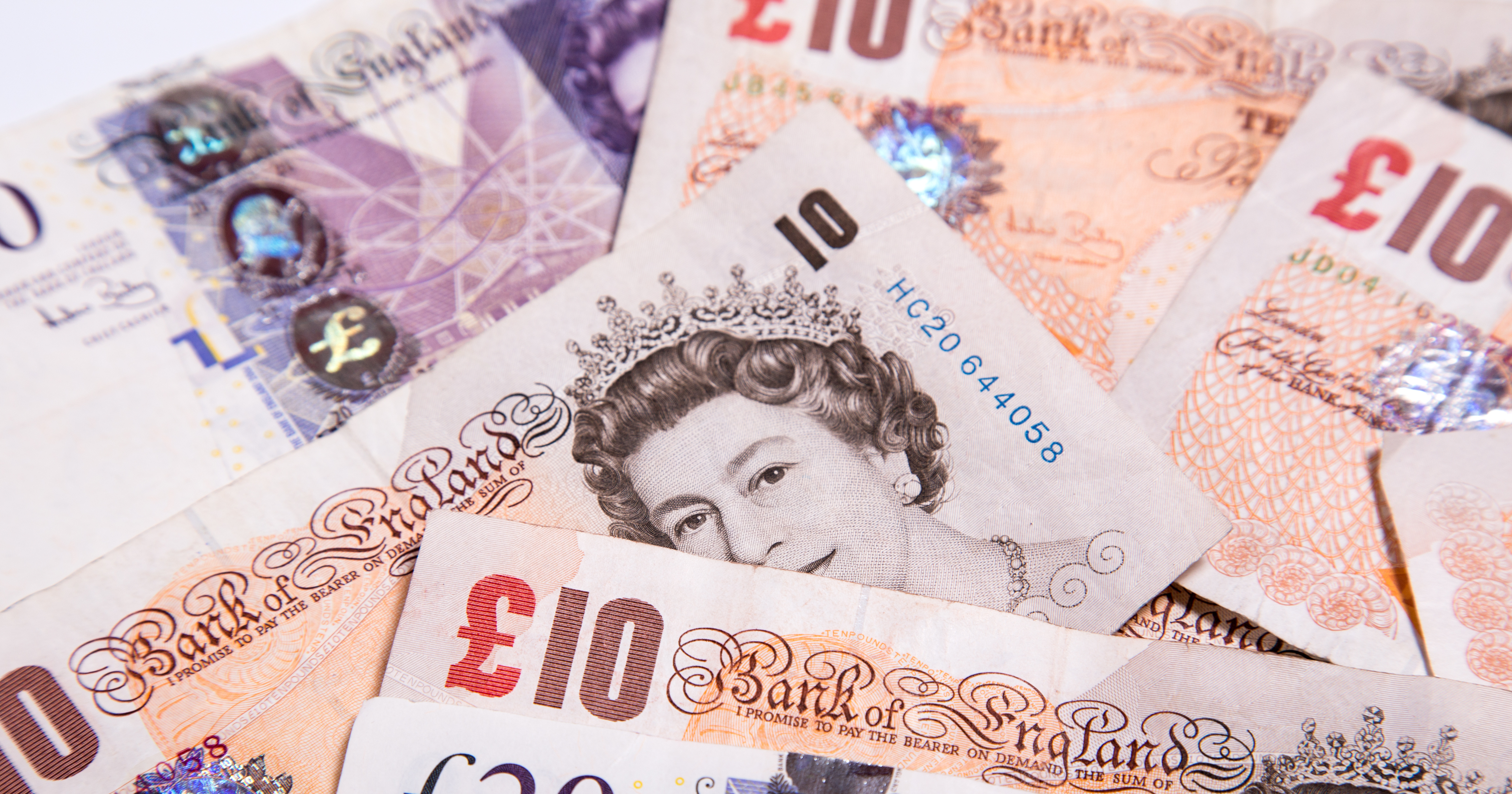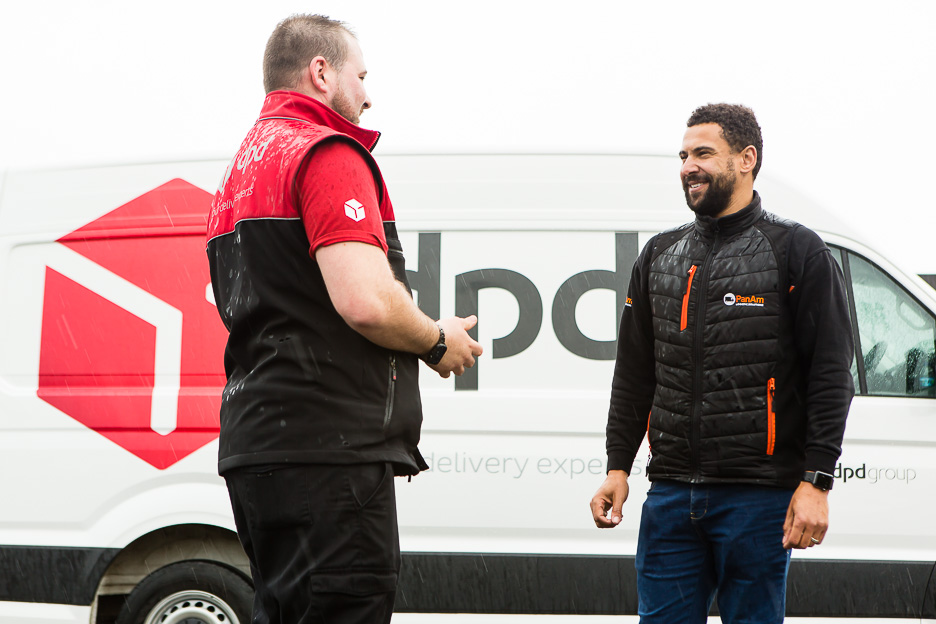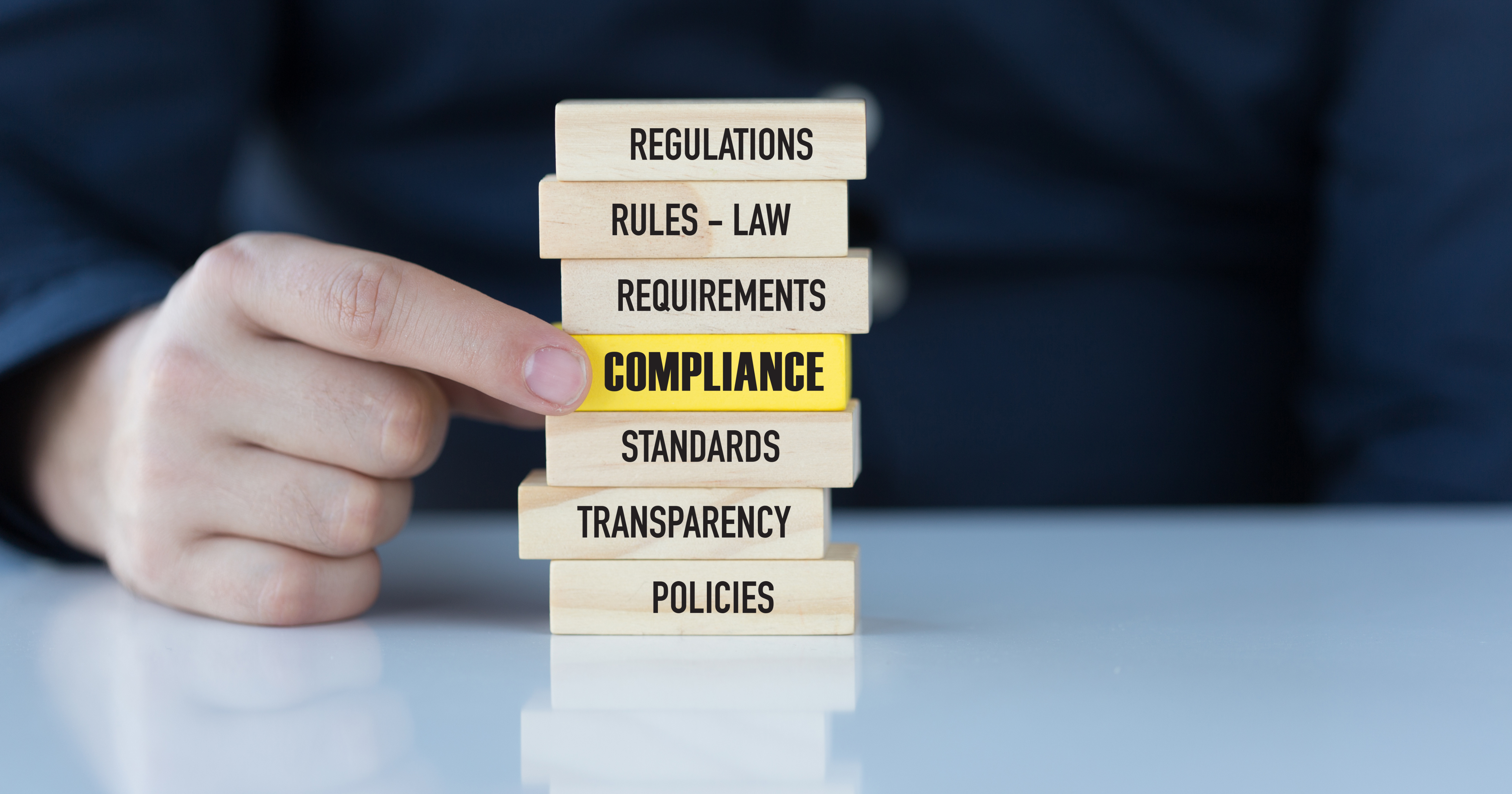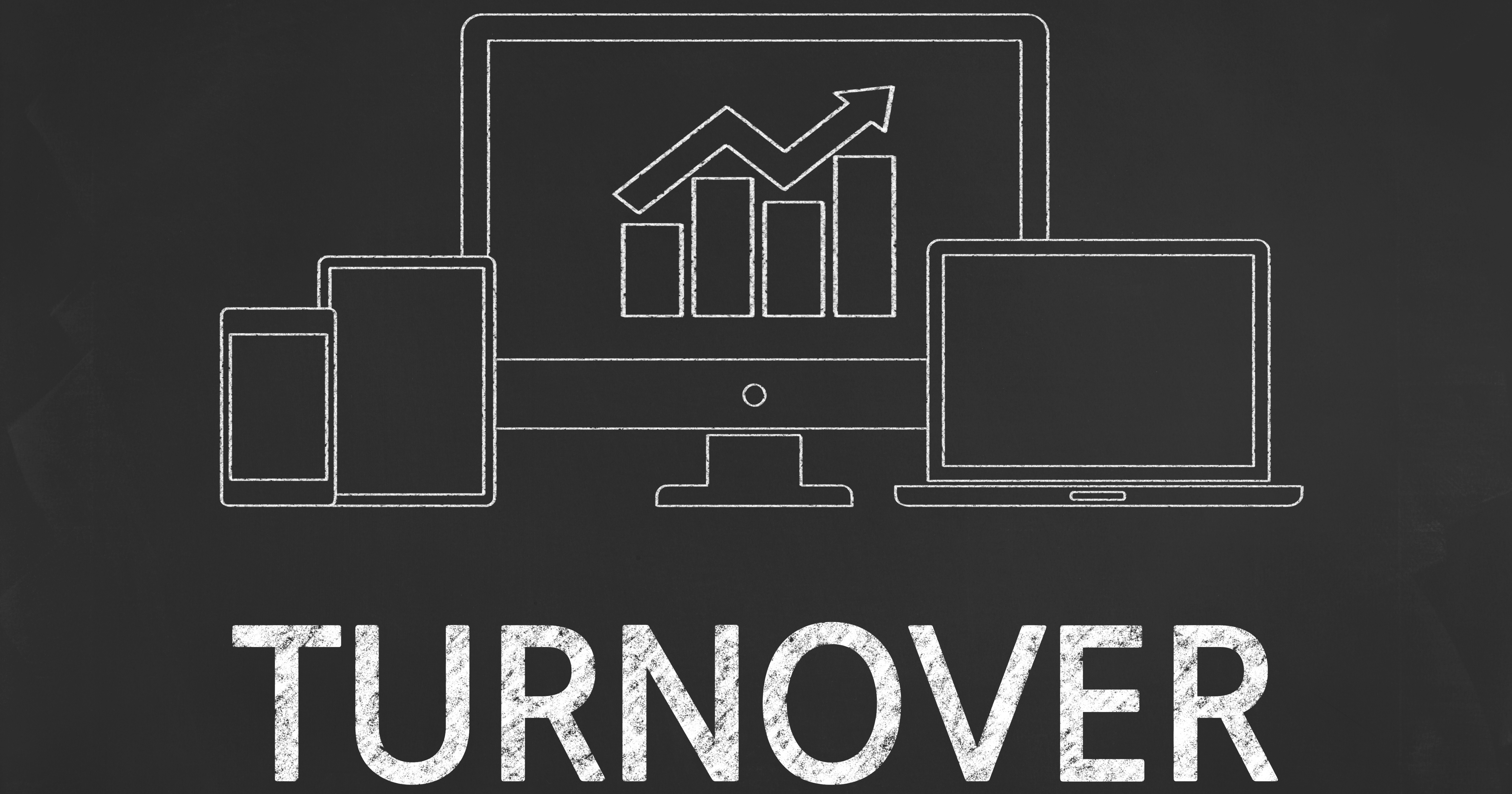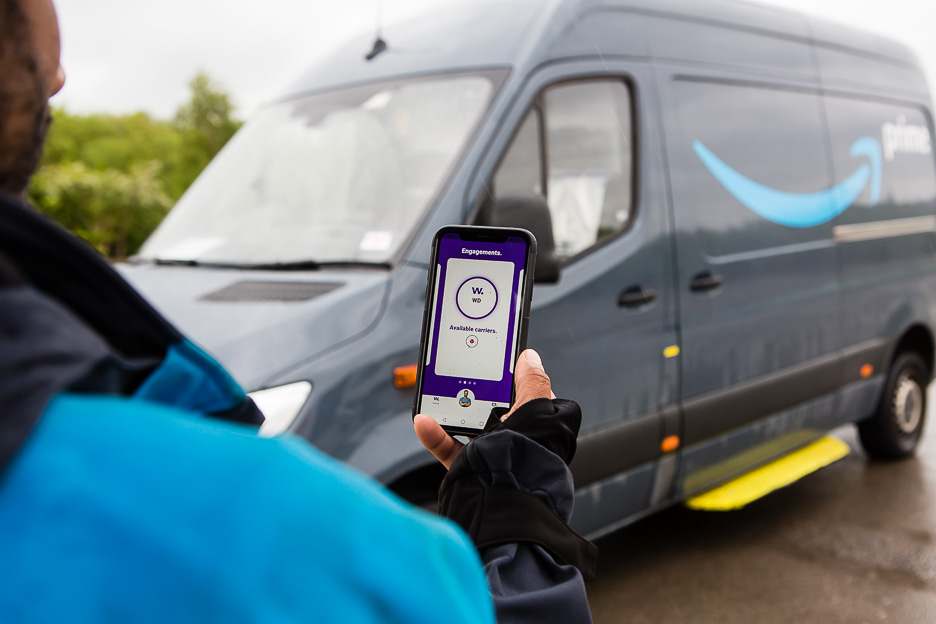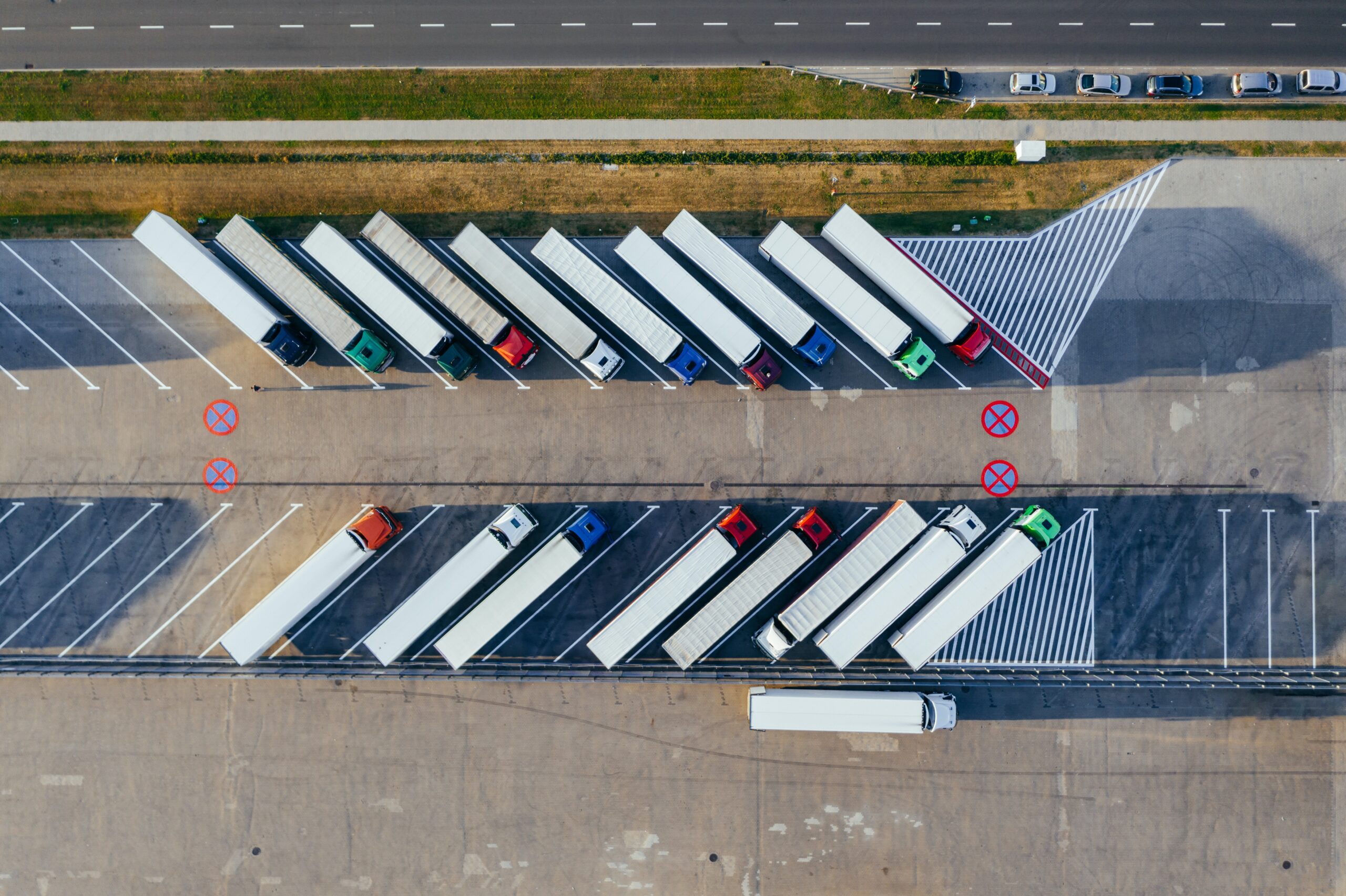- What is a UTR number?
HM Revenues & Customs (HMRC) uses a 10 digit code called a Unique Taxpayer Reference number (or UTR number) to recognise each self-assessment taxpayer.
- Why do I need a Unique Taxpayer Reference?
A UTR number is needed for several reasons, the most crucial being for completing your self-assessment tax returns. If you don’t have an official Unique Taxpayer Reference number, then your self-assessment tax return won’t be submitted accurately resulting in complications and potential fines from the taxman.
On top of this, if you’re a self-employed worker but have not informed HMRC, meaning you haven’t been issued with a UTR number, then you could be in the firing line for potential fines or criminal prosecution.
- How do I get a UTR number?
When you register for your self-assessment tax returns, you will automatically be issued a Unique Taxpayer Reference number.
- What information do I need to be able to get a Unique Taxpayer Reference?
To be able to register for your self-assessment tax return, you’ll need the following details:
- Full name
- Current address
- National Insurance number (found on your payslip, P60 and letters about your tax, pension or benefits)
- Date of birth
- Contact Number
- Email address
If you are in charge of your own business, you might also need further information, such as:
- When you started operating as self-employed
- Type of business you run
- Business address
- Business contact number
- How do I register for self-assessment?
Before you submit your tax return for the first time, you need to register for self-assessment which you can do in two ways:
- Online – Head to the HMRC website
- Post – Download this form, complete it and send it to Self Assessment, HM Revenue & Customs, BX9 1AS, United Kingdom (if you live in the UK or HM Revenue & Customs, Benton Park View, Newcastle Upon Tyne, NE98 1ZZ, United Kingdom (if you live outside the UK).
- Where can I find my UTR?
Your UTR can be found on several documents from HMRC such as previous tax returns, notices to file a tax return and payment reminders.
- What happens if I have lost my UTR?
You can call HMRC’s self-assessment helpline on 0203 200 3310.
Unique Taxpayer Reference numbers are unique to you and/or your business so be prepared to be asked to prove your identity to HMRC in order to access your UTR number, as they are commonly used in identity theft and fraud.
- Do I need to pay for a UTR?
No, it is completely free.
- Do you need a UTR number to submit your tax return?
Yes, in order to submit your self-assessment tax return successfully you will need to have a UTR number.
- What is a UTR number for a company?
A business UTR number is the exact same as a personal one – it is a 10 digit number used to distinguish your business for tax reasons.
Note – Don’t get your business UTR number mixed up with the CRN (Company Registration Number).
- What happens if I accidentally use the wrong UTR number?
Wrongly entered UTR numbers are one of the most common errors made on self-assessment tax returns each year.
It is important that you are cautious and take your time when completing your self-assessment, as you could be required to pay a fine if HMRC believes that you have not shown enough care when filling out your form.
- How do I reactivate my UTR number?
If you no longer need to submit a self-assessment tax return, your UTR number will become inactive. When you start submitting tax returns again, your Unique Taxpayer Reference number will automatically reactivate.
The Wise platform allows main contractors to take control of their compliance – UTR numbers are collected when required, and you will be alerted when subcontractor records need updating in your system. If you would like to learn more, book a FREE demo here.











